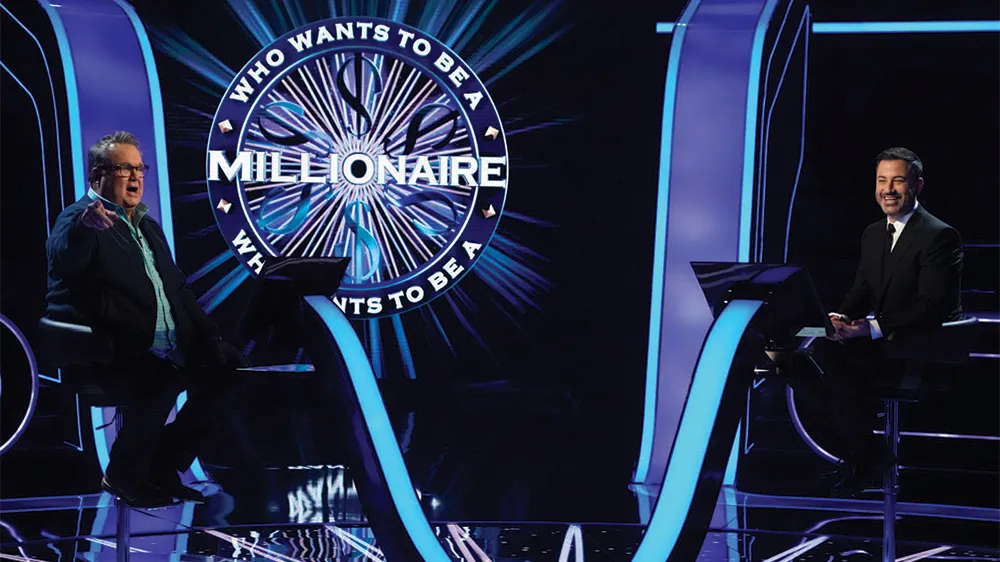vcdiversity.org – “Who Wants to Be a Millionaire?” is a globally recognized television game show that has captured the hearts and minds of millions of viewers around the world. Since its inception in 1998, the show has become a staple in popular culture, offering contestants the chance to win a life-changing sum of money by answering a series of multiple-choice questions. The format, which combines elements of trivia, strategy, and high-stakes drama, has made it one of the most successful and enduring game shows in history.
The Format That Changed Game Shows Forever
“Who Wants to Be a Millionaire?” revolutionized the game show genre with its innovative format. Contestants are asked increasingly difficult general knowledge questions, with the prize money doubling for each correct answer. The show’s most distinctive feature is the three lifelines – “50:50,” “Ask the Audience,” and “Phone a Friend” – which contestants can use when they are unsure of an answer. These lifelines add an element of strategy and viewer engagement, making the show not just a test of knowledge but also a game of wits.
The Host Factor: Charisma and Control
A significant part of the show’s success can be attributed to its hosts. The original British version, hosted by Chris Tarrant, set the standard for what a “Millionaire” host should be: charismatic, engaging, and able to control the tension and excitement of the game. In the United States, Regis Philbin became synonymous with the show, his warm demeanor and sharp wit endearing him to audiences. The role of the host is crucial in maintaining the show’s pace and atmosphere, making the contestant’s journey both relatable and thrilling for the viewers.
Global Reach and Cultural Impact
“Who Wants to Be a Millionaire?” has been adapted in over 100 countries, making it one of the most internationally successful game shows. Each adaptation brings its own cultural flavor to the format, but the core elements remain the same, ensuring its universal appeal. The show has also made its way into other media, including books, board games, and even a film adaptation, further cementing its place in popular culture.
The Appeal of Knowledge and Competition
At its heart, “Who Wants to Be a Millionaire?” is a celebration of knowledge and learning. It encourages viewers to test their own knowledge against the contestants and to learn from the questions asked. The competitive aspect of the show, where contestants can win or lose everything based on a single answer, adds an edge-of-the-seat tension that keeps viewers coming back. The show’s ability to combine education with entertainment has been a key factor in its longevity and success.
Conclusion: A Timeless Format
“Who Wants to Be a Millionaire?” has proven to be a timeless format, capable of adapting to different cultures and enduring changes in media consumption. Its blend of trivia, strategy, and high stakes has made it a beloved show that continues to captivate audiences around the world. As long as there is a desire for knowledge and the thrill of competition, “Who Wants to Be a Millionaire?” will undoubtedly remain a staple in the world of television game shows.
